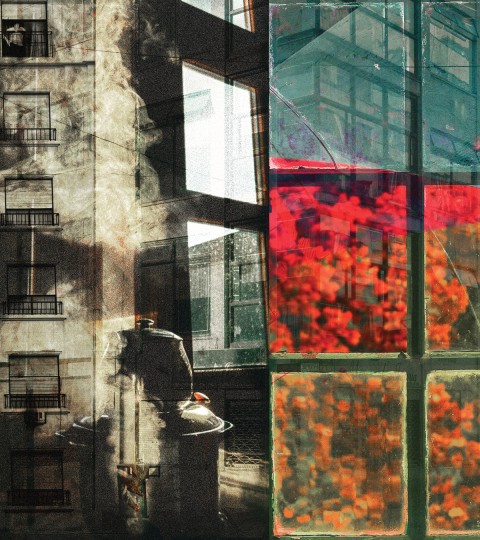Advent in the squatters’ camp
As a human rights worker during Argentina’s Dirty War, I learned to read the signs.

(Century illustration)
The most formative time for me before becoming a pastor took place in a squatters’ area outside of Buenos Aires. I was in Argentina to study at the Instituto Superior Evangélico de Estudios Teológicos, a seminary that is now closed. During my first semester, I attended a retreat with the human rights group I volunteered with. It was there that I met two young Roman Catholic laywomen living in a squatters’ area organized in base communities. Isabel and Perla invited me to spend Christmas with them and then to live with them for my second semester. I was thrilled, as this would give me the chance to experience the actual life of base communities rather than just reading about them. I could commute to the seminary by bus.
The squatters’ area was populated by people who had moved from rural areas in northern Argentina to find better work in the capital city. The lack of affordable housing in Buenos Aires forced many to settle on vacant land outside the city, constructing simple homes from scraps of metal and lumber.
Approximately 20 base communities were organized in the area, small groups of laypeople who gathered to pray, sing, read the Bible, and relate this religious practice to their context—which included developing strategies on how to get electricity, water, and land rights. Isabel and Perla assisted the priest in training first-time lay leaders for the communities. I was accustomed to a model in which lay leaders had to prove themselves before being entrusted with more important leadership roles. Padre Raúl did the opposite. His way was to offer any willing person some training and support and bless them to try leading others and see how it went.





